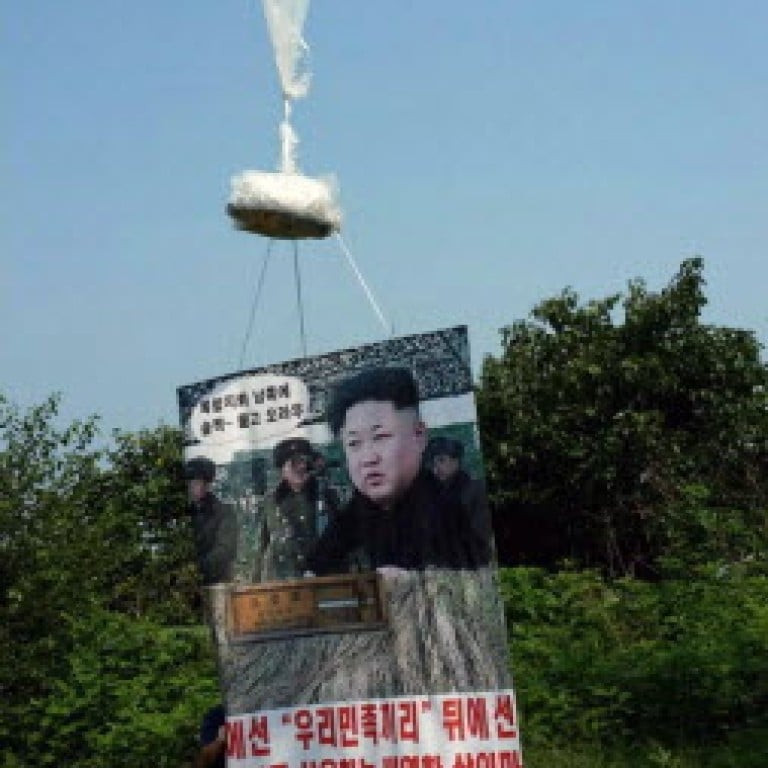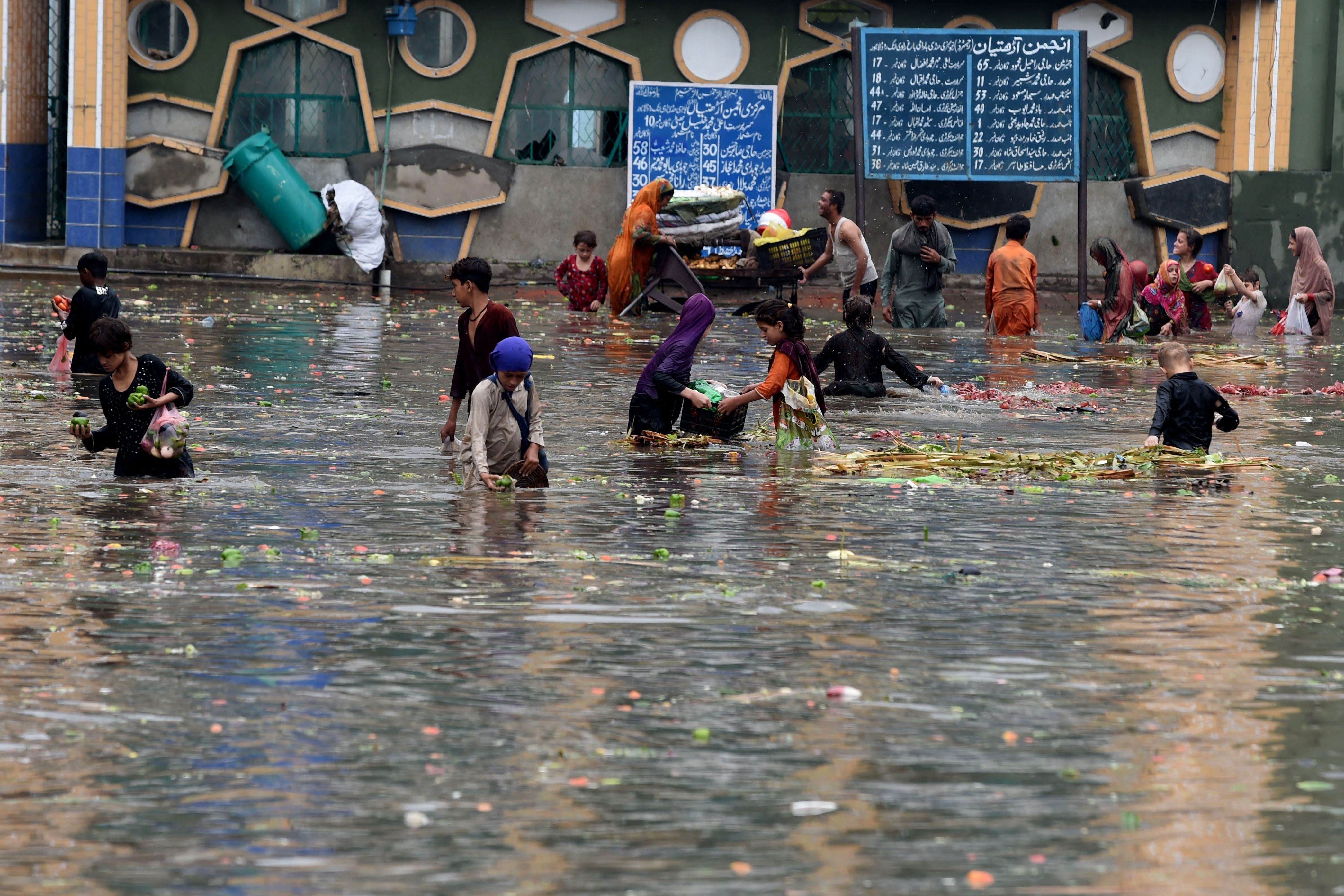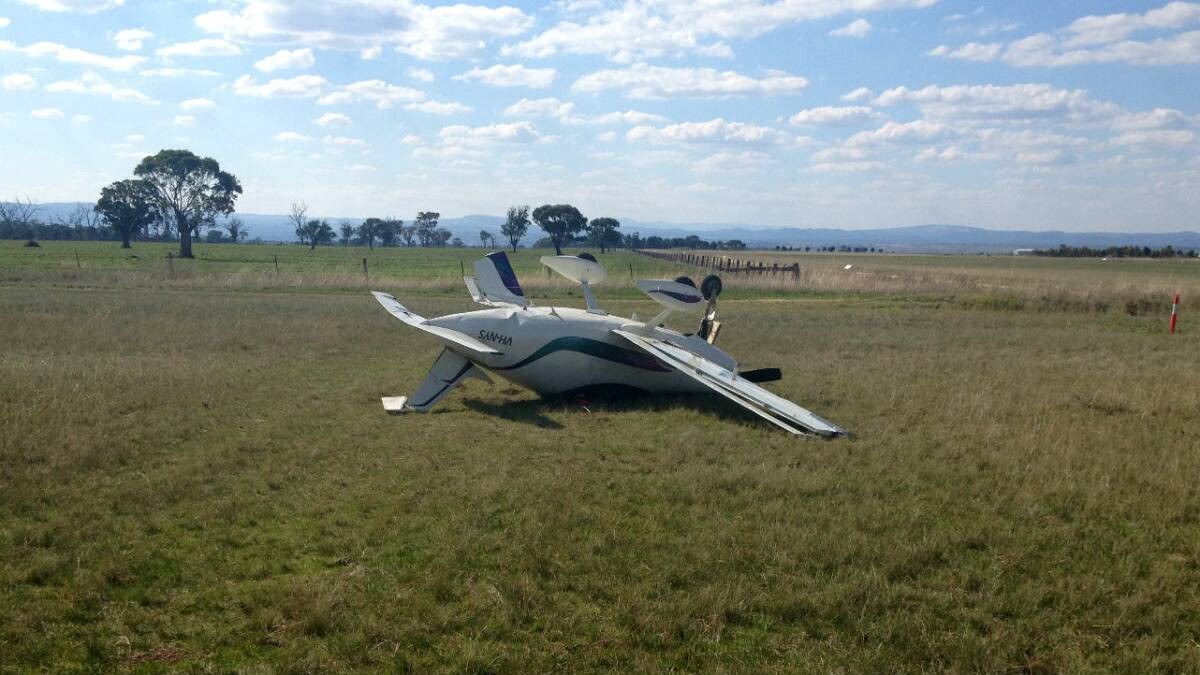North Korea has escalated tensions with its southern neighbor, threatening to launch strikes against South Korea after accusing it of sending drones to drop propaganda leaflets over Pyongyang. The North Korean Defense Ministry issued a preliminary operation order to artillery and other army units near the border with South Korea to “get fully ready to open fire,” according to state media. An unidentified ministry spokesperson said the military ordered relevant units to fully prepare for situations like launching immediate strikes on unspecified enemy targets when South Korea infiltrates drones across the border again, potentially triggering fighting on the Korean Peninsula. The spokesperson asserted that “grave touch-and-go military tensions are prevailing on the Korean Peninsula” due to the South Korean drone launches. The entire South Korean territory “might turn into piles of ashes” following the North’s powerful attack, the spokesperson warned in a separate statement.
The tensions stem from North Korea's claims that South Korean drones have infiltrated Pyongyang's airspace three times in recent days, dropping propaganda leaflets filled with “inflammatory rumors and rubbish.” Kim Yo Jong, the powerful sister of North Korean leader Kim Jong Un, described the South Korean Defense Ministry's warning that North Korea would face the end of its regime if it harms South Korean nationals as “suicidal.” She also warned Saturday that the discovery of a new South Korean drone will “certainly lead to a horrible disaster.”
The North Korean military, which is on heightened alert, has reinforced air observation posts in Pyongyang and ordered eight artillery brigades to “get fully ready to open fire,” according to state media. The North also seems to be preparing to carry out explosions at roads connected to the South, Seoul’s military said. The military announced that these measures will “completely separate” North Korea’s territory from the South.
Seoul has neither confirmed nor denied that it was responsible for sending drones across the border, calling North Korea's claim “shameless.” Instead, South Korea's military spokesman blamed Pyongyang for starting the tension by launching “vulgar and base trash balloons” to the South. South Korea has announced it is “fully ready” to respond to any provocation from North Korea.
North Korea's Military Posturing and the Korean Peninsula's Tensions
The current escalation of tensions is the latest development in the ongoing conflict between North and South Korea, which have been technically at war since their 1950-53 war ended in an armistice, not a peace treaty. The two Koreas have taken steps toward reconciliation in recent years, including a 2018 summit between the leaders when they declared there would be no more war and a new era of peace had opened. However, these efforts have stalled, and tensions have been rising again.
North Korea has been increasingly aggressive in its military posturing, with a series of missile tests in recent months and a growing arsenal of nuclear weapons. The North also has a history of using threats and provocations to gain leverage in negotiations with South Korea and the United States. Experts say it's unlikely for North Korea to launch a full-blown attack because its military is outpaced by the combined U.S. and South Korean forces. However, the North's recent threats and actions have raised concerns about the potential for a new conflict on the Korean Peninsula.
Escalating Tensions: A New Cycle of Provocation?
Observers predict that North Korea will continue to escalate tensions in the lead-up to next month's U.S. presidential election to boost its leverage in future diplomacy with the Americans. The current crisis is likely to further complicate the already challenging diplomatic situation on the Korean Peninsula. North Korea's rhetoric and actions suggest a desire to push the boundaries and test the resolve of its adversaries, while simultaneously seeking concessions in future negotiations. The international community is watching closely to see how this latest crisis unfolds and whether it will lead to a new cycle of provocation and confrontation.
The Trash Balloon War
The escalation of tensions between North and South Korea has manifested in a new and bizarre form of conflict: a trash balloon war. In retaliation for South Korean activists flying balloons carrying anti-Pyongyang leaflets, North Korea has been launching thousands of balloons filled with rubbish toward South Korea. The balloons have been carrying paper, plastic bottles, and other household garbage, which have been found in parts of Gyeonggi Province, which surrounds the capital of Seoul.
The North Korean balloon campaign has been a source of both amusement and concern in South Korea. While some have found the North's tactics to be childish and ineffective, others have expressed concern about the potential for the balloons to carry harmful materials or to cause damage to property. The campaign is a reminder of the deep animosity and mistrust that continues to exist between the two Koreas.
A Global Threat
The escalation of tensions on the Korean Peninsula is a cause for concern not only for the two Koreas but also for the wider international community. North Korea's nuclear program and its aggressive military posture pose a significant threat to regional and global security. The current crisis underscores the need for a coordinated international effort to de-escalate tensions, promote dialogue, and achieve a peaceful resolution to the conflict on the Korean Peninsula.
The world is watching as the situation unfolds and how it will affect the future of the Korean Peninsula. It is a testament to the complex challenges that exist in the 21st century, where traditional forms of conflict are being replaced by new and unexpected forms of warfare. The ongoing crisis is a reminder of the importance of diplomacy, communication, and finding peaceful solutions to global conflicts.
















